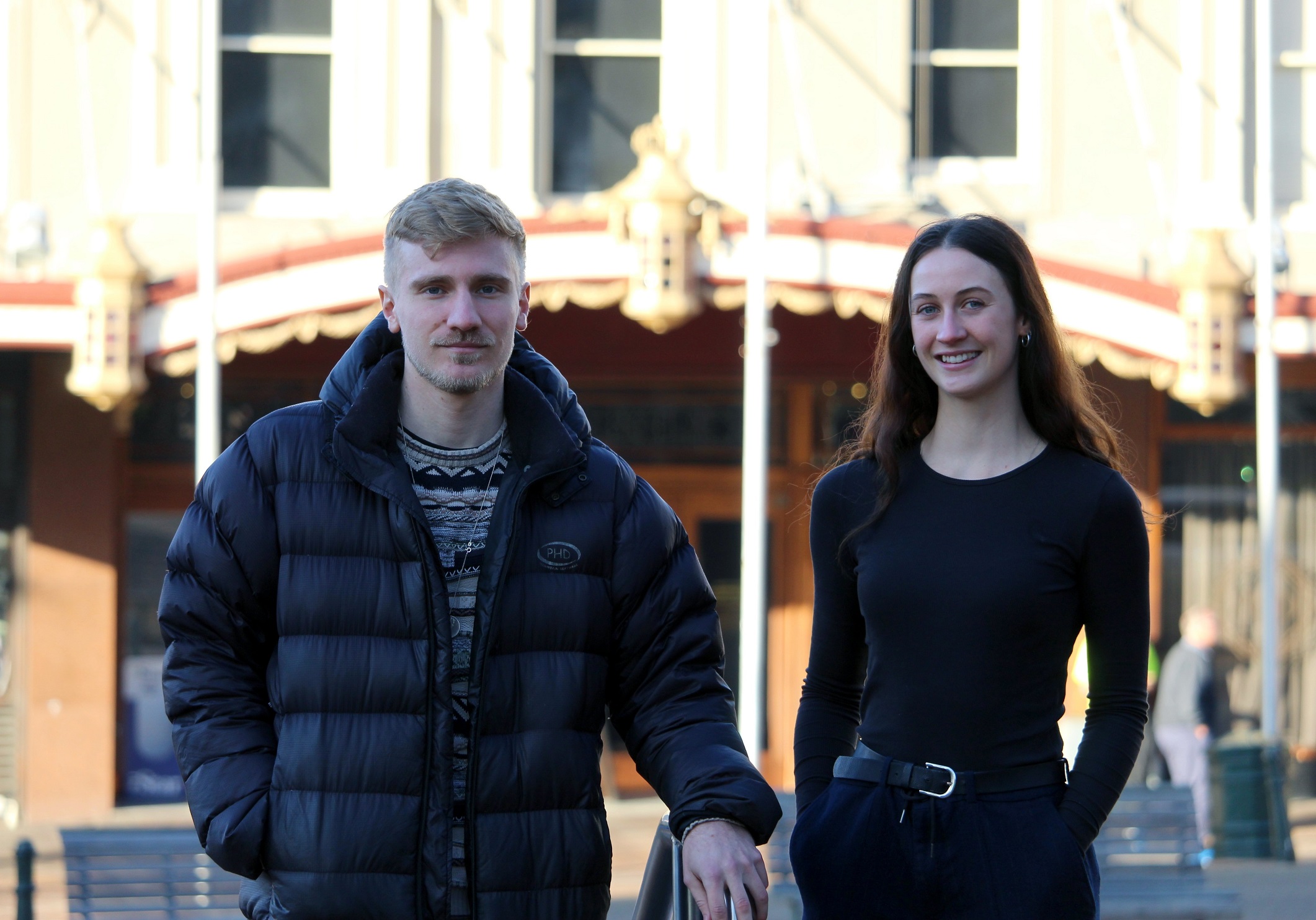
The five films cover a wide range of topics from goats to Dunedin’s drug scene.
Department of science communication graduate Lauren Schaer spent about 15 days filming in an isolated valley in Mount Aspiring National Park to record the rock wren for her film Rhapsody for a Rock Wren.
"The film turned into quite a reflective piece that drew on my own experience in the mountains, and my relationship with rock wren weaved the story together."
Rock wren were a challenge to film, she said.
"They are constantly on the move."
"But it was a real privilege to spend so much time with them in such a stunning place.
"They are endearing, tiny birds with big attitudes," Ms Schaer said.
The challenges of setting up a local cashmere goat industry was the topic of Jacqui Lynch’s film Soft Gold.
The documentary explores the efforts of South Otago farmer David Shaw who wanted to encourage other farmers to explore investing in cashmere goats for their wool.
Farmers who had been burnt during the boom and bust of goat farming in the 1980s and early ’90s were less receptive to the charms of cashmere, despite the potential, she said.
"Cashmere gets such a high return for its fibre. It is such a luxurious fibre."
Wen Qing Ng interviewed forest users about kauri dieback and its resulting restrictions on the ground for his film Kauri K-9s.
"I wanted to show that we are all deriving benefits from the kauri, sometimes unknowingly.
"And when we save these trees, we save them not just for us, but for our children and our community — both Māori and tāngata tiriti [people of the treaty]."
Janic Gorman said his experience as a first-year student inspired his film Trip Advisor: Drugs in Dunedin.
He explored the use of MDMA in Dunedin through animation and dream sequences.
"The film is a lot more storytelling rather than just plain documentary.
"While everything is real ... — I didn’t make anybody say anything — I’ve got a protagonist who goes through an experience and on his journey he ... talks to all these people."

He interviewed people who had challenging experiences on MDMA.
"My main hope is that the people that watch the film in the Regent ... understand the story that I’m trying to tell.
"I think it’s sometimes not easy if you are not open to have this discussion."
With potential cuts to the science communication division being explored by the University of Otago, Mr Gorman expressed his support for the masters programme.
"What I experienced was the highest quality of education.
"I’ve had great mentors for camera, for editing, for storytelling, for production, and all that was super amazing for me.
"I hope that in the future they can get back on track to provide this kind of course."
Lights, Camera, SCIENCE!
Science Communication Student Film Premiere
Regent Theatre
7pm — 9.30pm
Films:
Rhapsody for a Rock Wren by Lauren Schaer
Kauri K-9s by Wen Qing Ng
Soft Gold by Jacqui Lynch
The Passing by Elizabeth Vanderburg
Trip Advisor: Drugs in Dunedin by Janic Gorman











